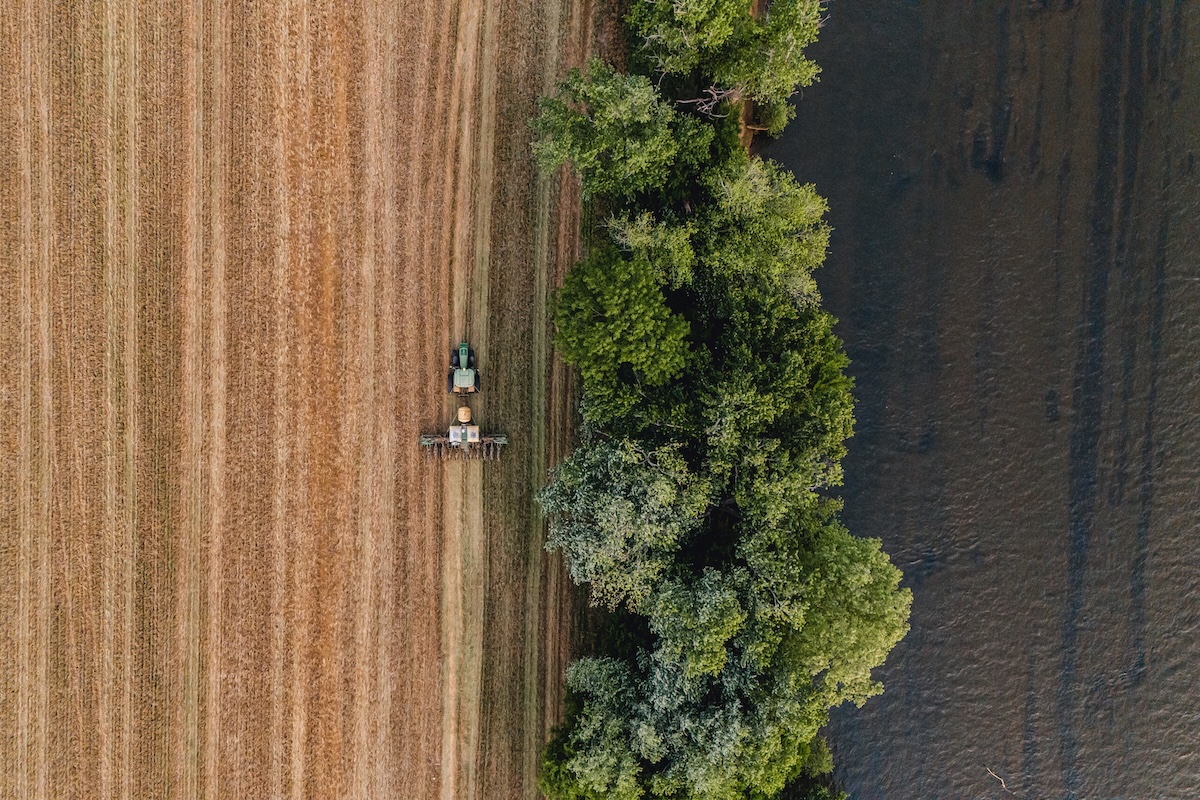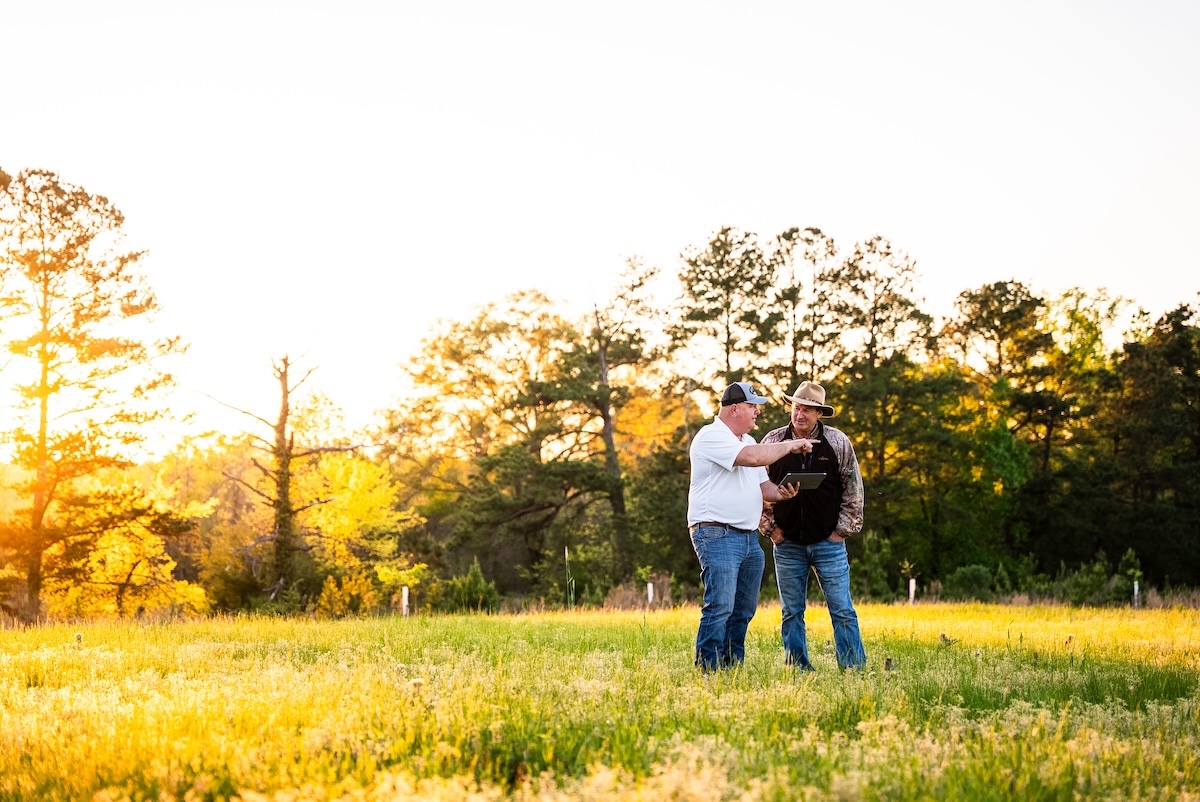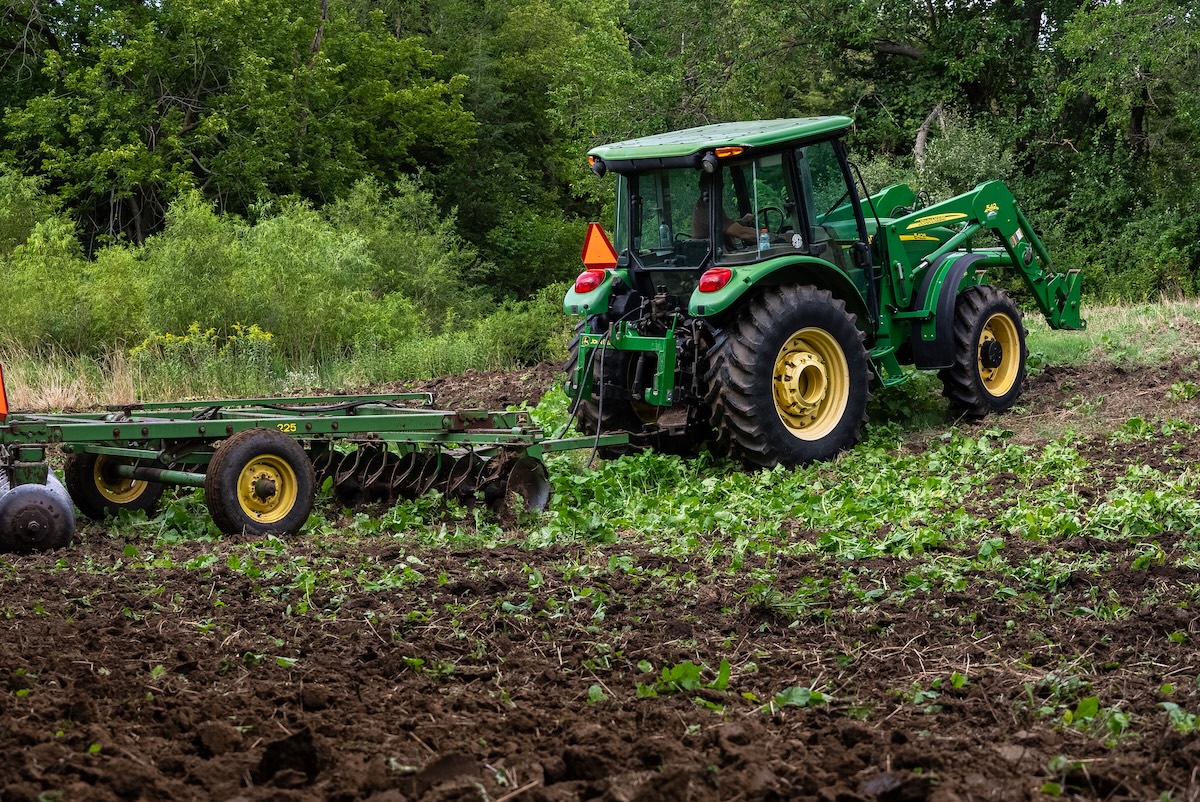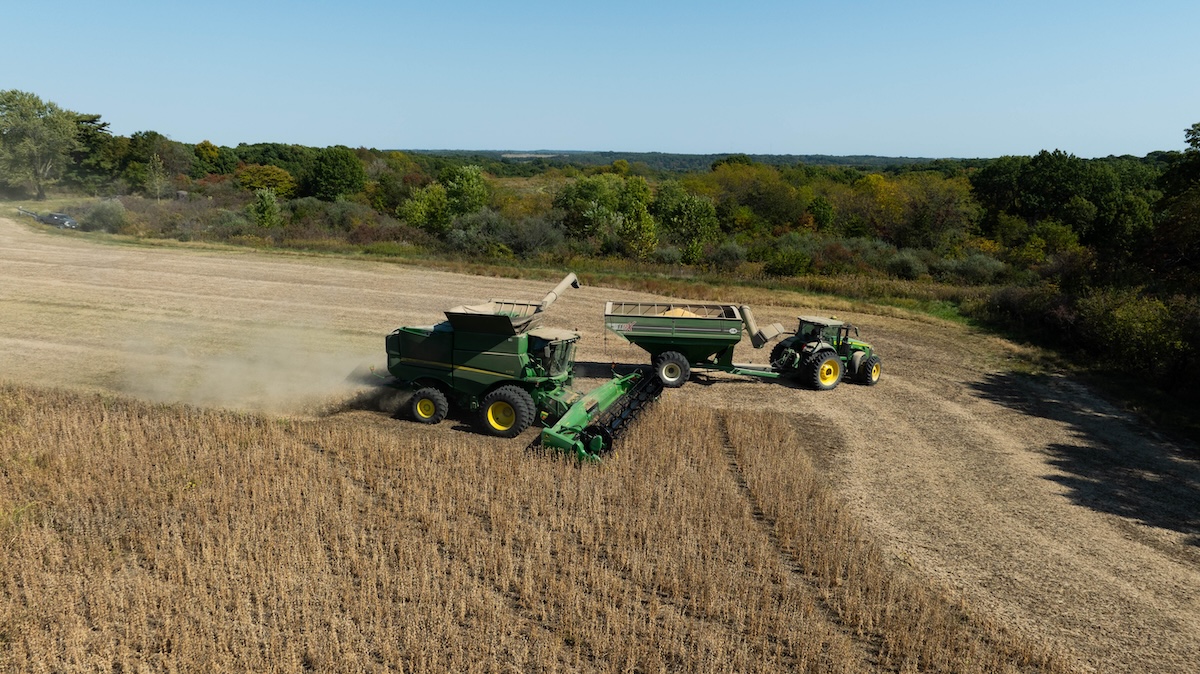
Financing Options for Ranch and Farm Auction Purchases
Harvesting a high-yield field of soybeans or corn. Raising a show-worthy herd of Hereford cattle. Training a stable full of award-winning cutting horses. Or maybe just raising a garden, a few animals, and your family in the peaceful arena of the outdoors. These and more are the things of dreams for those who love rural life. Of course, these are the goals, but how do we get there?
Financing agricultural land, considering loan options for farm buyers, and funding your ranch purchase, are all tall tasks. On the surface, these can seem challenges too daunting to overcome. Fortunately, these aren’t, and your dream of owning a farm or ranch is certainly within reach.
Here’s what you should know about financing options for ranch and farm auction purchases.
Editor’s Note: This is not financial, investment, legal, or real estate advice. Consult with a financial planner, investment specialist, real estate lawyer, and real estate professional before buying or selling land at auction.

Find a Localized Lender That Specializes in Land
It’s easier to find a lender for financing a home. Virtually all lenders have options. However, finding a lender for vacant land is more challenging. Due to a different evaluation process, there are usually fewer lending options available to those buying vacant land.
Because of this, those looking to buy a ranch or farm at auction should find a lender that specializes in land loans. Doing so can provide access to better loans with lower interest rates and more attractive terms.
In addition to knowing land, your lender should understand the local market, too. This ensures your loan officer is familiar with the market in the area you plan to purchase land. Enter Rural 1st.
Rural 1st offers multiple loan types, including construction loans, lot loans, home loans, and land loans. “You must be purchasing a home or building lot on 5-plus acres, or a tract of land that is 10-plus acres, if there is no intent to build,” said Rural 1st “We can also finance homes and building lots in communities where no city taxes are paid, or communities with city taxes but a population of less than 2,500 people.” Of course, additional qualifications and restrictions apply.
Rural 1st is part of Farm Credit Mid-America. It’s partnered with other Farm Credit Associations throughout the nation. Click here to select a location by state. You must live in or be in the process of buying land in one of its eligible states.
Fixed Rates, Variable Rates, and Down Payments
Lenders can offer fixed and variable interest rates, or a combination of the two. Fixed rates mean the interest rate of the loan remains locked in from the time of application and doesn’t change over the life of the loan. Variable rates do change, and fluctuate, as the interest rates update. Furthermore, some loans can be a combination of the two, and start out as fixed for a portion of the loan life, and then become variable for the remainder of it.
With Rural 1st, its conversion program offers the ability to lower interest rates without the full hassle of completely refinancing. Therefore, if a better interest rate comes along after closing, you can shift into a lower gear up to once per year. Even with fixed rates, you can convert your loan to a lower rate.
Of course, it also provides flexible down payment options, financing terms, and more, for bare land loans.

Complete the Pre-Approval Process
Those who plan to buy land at auction should not complete the pre-approval process before attending one. Rural 1st Loan Officer Emily Stamper says you shouldn’t wait until you have the winning bid to get approved. Instead, contact your preferred lender well before the auction. Schedule an in-person appointment or fill out an application online.
The lender will likely require important financial information, such as proof of current income, previous tax returns, profit and loss statements (if self-employed), property information, appraisal figures, inspection reports, title searches, and more. It’s also good to check for flood zones, mineral rights, water rights, easements, etc. They’ll also need to know the maximum you’re willing to pay for the land.
The lender might even require other steps to receive pre-approval for the loan. Sometimes, this can include soil productivity evaluations, which correlate strongly with land value. Plus, it also might inquire about auction terms and conditions, as this can impact the closing window (30, 60, or 90 days).
Upon completing the pre-approval process, your lender will provide a letter stating your qualification for a loan. It will also have the maximum amount listed in that letter. The auctioneer might require this letter the day of the sale, and your final bid must be at or below that number, or plan on paying cash for the remaining balance.
Of course, you’ll likely owe earnest money, or a buyer’s fee, to the auction house, on the day of the sale. Oftentimes, this is 10% of the sale price. Be prepared, whether paying that out of pocket or if through your lender.
To help determine what your budget can afford, check out the Rural 1st Monthly Mortgage Calculator.
Popular USDA Loan Programs
Other loan types and specialty programs are available through the USDA. This is especially true for beginning farmers, which often qualify for these low-interest loans. The USDA’s Farm Service Agency (FSA) offers direct and guaranteed loans. Generally, these are available for family farms who might not qualify for commercial loans.
Key programs are usually available for first-time farmers years (those who have not operated a farm or ranch for more than 10 years), veterans who farm, and women with farming operations. They commonly qualify for the best loans and rates. Of course, land buys, livestock purchases, equipment needs, operating expenses, and other farm-related reasons for loans, are usually greenlighted.
Interestingly, FSA’s Direct Farm Ownership Loans are quite popular. This is ideal for buying new farms or expanding existing operations. With a Joint Financing Loan, FSA will lend up to 50% of the cost or value of the land purchase.
With a Down Payment Loan, FSA requires a minimum cash down payment of 5%. “As established by the Beginning Farmer definition, loan applicants interested in the Down Payment loan may not own more than 30% of the average size farm at the time of the application,” FSA says. “The applicant may exceed 30% after the loan is closed. The most current Census of Agriculture data is used in this calculation.
“The maximum loan amount for a "regular" Direct Farm Ownership loan is $600,000,” FSA continued. “The maximum loan amount for a Joint Financing or Participation Farm Ownership loan is $600,000.”
As for interest rates, the lowest rate applicable to the type of loan selected is applied. The new rates come out the first of each month. Typically, the maximum repayment period varies, but the soonest-possible payoffs are advised.
“The maximum repayment period for the Direct Farm Ownership loan and the Joint Financing loan is 40 years,” FSA said. “The repayment term for FSA’s portion of a Down Payment loan is 20 years. The non-FSA financing portion is required to be at least a 30-year repayment period with no balloon payment allowed within the first 20 years of the loan.”
Of course, loan applicants must meet certain requirements. Go here for more information on these loan types.

Prepare for the Down Payment
Stamper says that qualifying for a loan usually isn’t the biggest hurdle for potential buyers. Rather, it’s making the down payment that gets in the way of purchases. Fortunately, she has options to work with. First, maybe the buyer pulls equity out of another property. Secondly, they might buy a smaller portion of the property, rather than the full thing. Third, they could buy the land with a partner (or partners). In short, being creative can solve this issue.
Get Pre-Approved Before the Auction
In conclusion, to get pre-approved before the next auction, complete the Rural 1st application form. Or call 1-844-GO-RURAL. For further assurance, check out these trusted customer reviews and stories.
For landowners looking to buy or sell at auction, contact Ranch & Farm Auctions. We can answer questions and help with your auctioneering needs.
Published on 2025-06-09